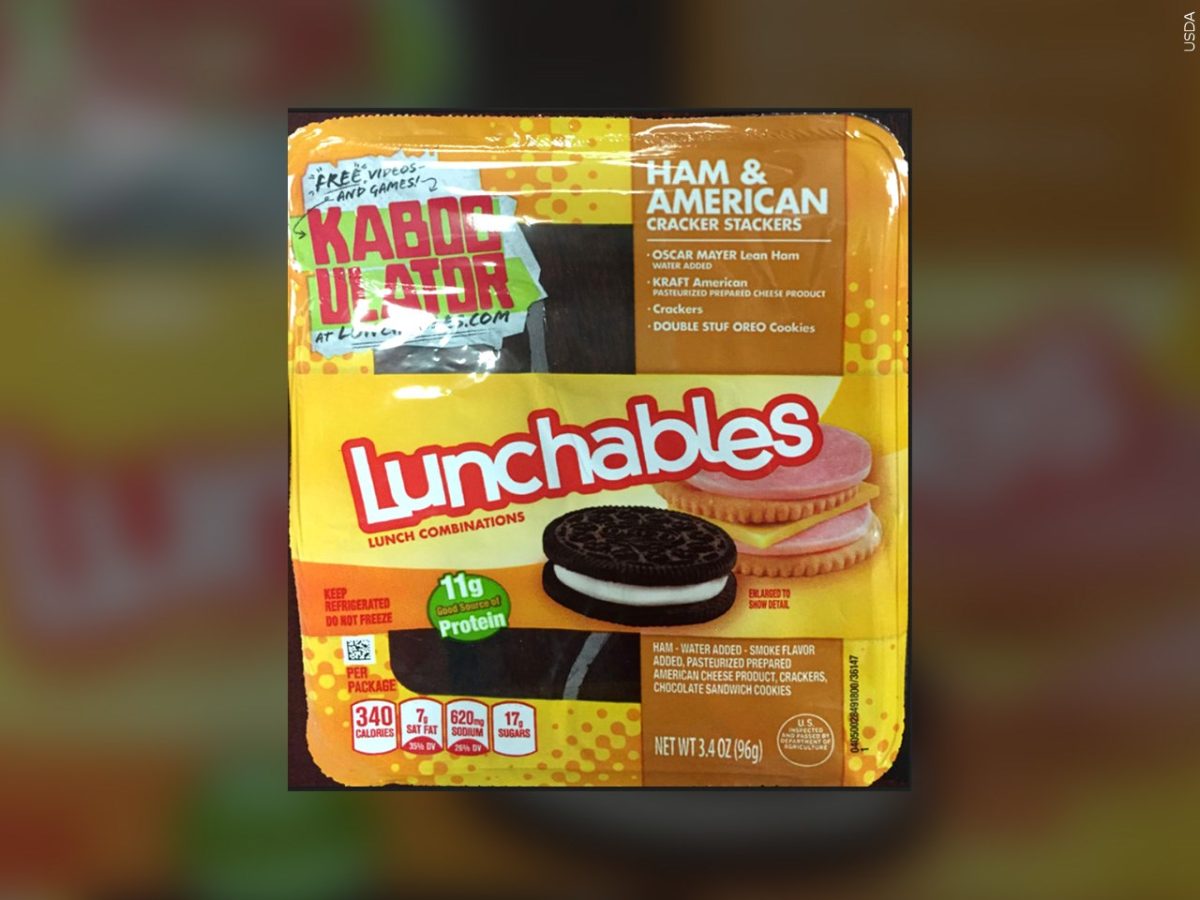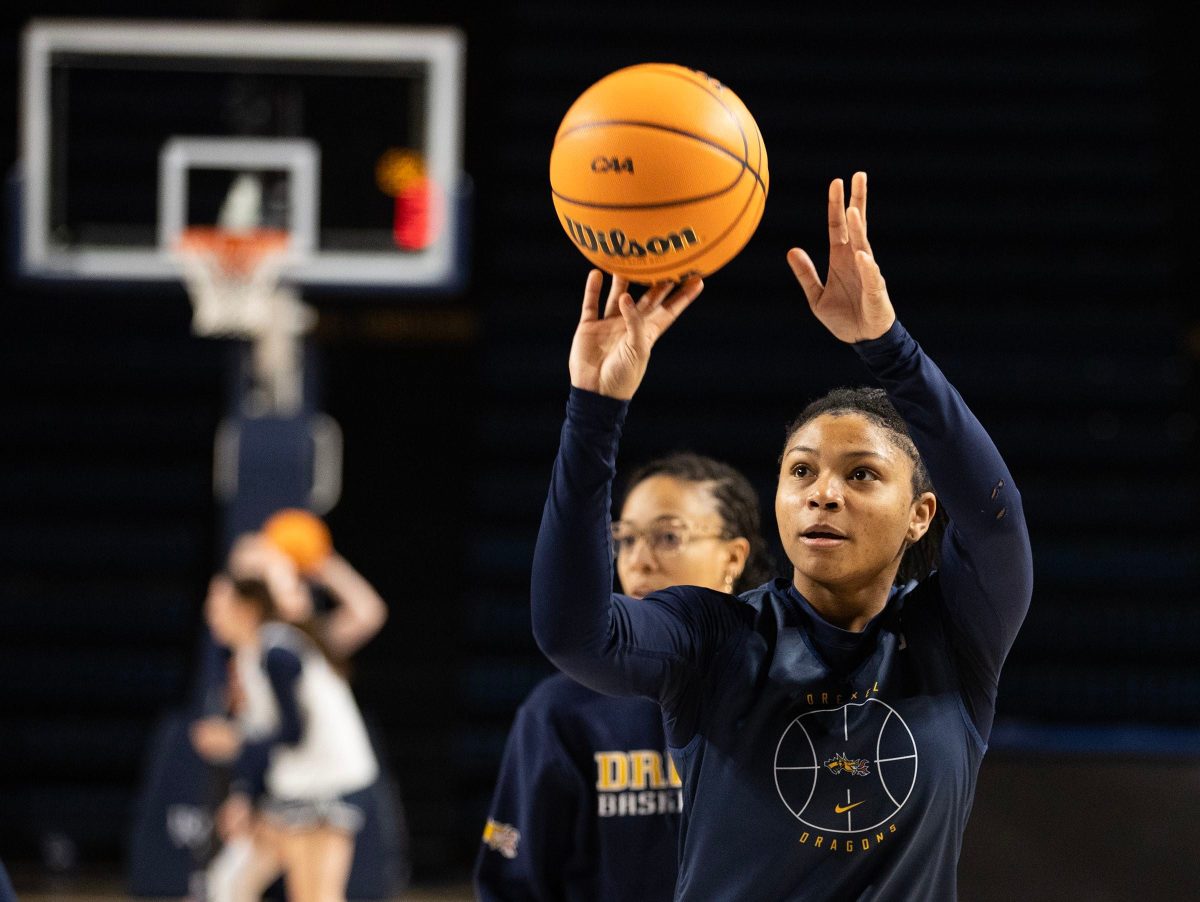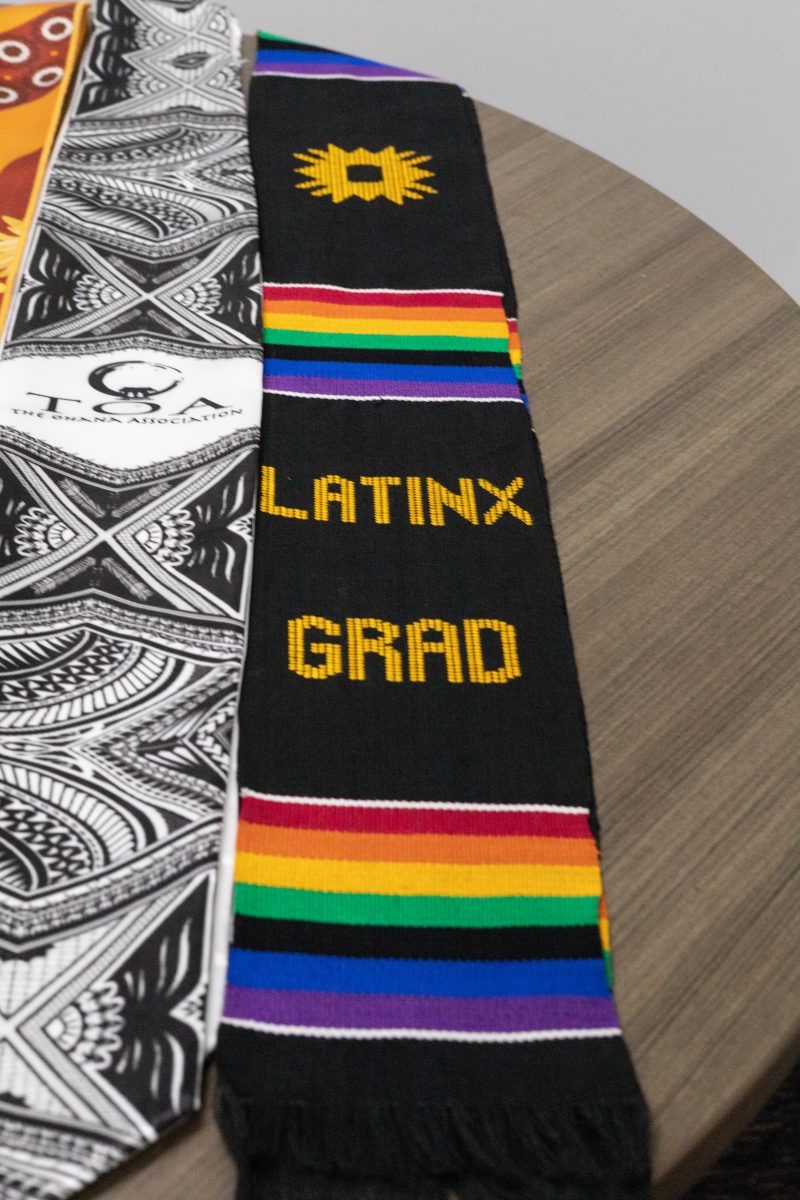
“Gracias,” “¿como estas?” and “hola” are commonly known words in the Spanish language by nearly everyone. However, some K-12 students went above the basics to participate in the first Spanish spelling bee in the state of Utah.
On Tuesday morning, Weber State University hosted the event, bringing together 26 students from nine different schools, participants ranging from fourth to eighth grade.
The stage was filled with chairs where participants waited their turn to stand up and spell the different words coming their way.
The spelling bee consisted of two different phases.
“In phase one, all the students had a chance to spell five words. Each word was worth 20 points,” said Isabel Asensio, associate professor and Sigma Delta Pi advisor.
Participants with 80 points on phase one had the opportunity to go forward to the second phase.
The second phase consisted of eliminatory rounds. If students missed one word, they would be disqualified, and after the first round, five students were disqualified.
Disqualified participants walked off the stage, and while approaching their teachers or parents, some had tears in their eyes.
The contest continued, and after two more rounds in the second phase, “we got a winner,” Asensio said.
Raúl Martínez, a Dixie Sun Elementary fifth-grader won first place, Alan Márquez, a North Davis Preparatory Academy eighth-grader, won second place and Daniel Sierra, a fourth-grader from Dual Immersion Academy, won third place.
The first, second and third place participants won prices sponsored by The Signpost.
Also among the contributors were The Hall Endowment for Community Outreach, the Telitha E. Lindquist College of Arts and Humanities, The Stewart Library, The Copy Center and Shape-Up Outlet stores.
“It was fun to compete with everyone,” Márquez said.
Electra Fielding, assistant professor of Spanish, who participated in the spelling bee as a judge, said the event was fun, and that she really enjoyed participating as well.
“It has been a great opportunity,” Fielding said.
Fielding added that events like the spelling bee should continue because it makes a connection between WSU and the community.
“The students did extremely well,” Fielding said. “It is difficult, and they’ve worked so hard.”
Ana Galán, a North Davis Preparatory Academy Spanish teacher, said the spelling bee was an opportunity for students to learn more Spanish, and those kinds of opportunities are always welcome.
“Living in the U.S., it’s a shame that Spanish is not practiced as often. The United States could be a bilingual country if they wanted to,” Galán said. “We need to try harder and participate in these kinds of events, so people realize how important is to promote the teaching of Spanish.”
Vilma Rojas, Daniel Sierra´s mother, said it was an honor for her to see her child competing in a Spanish spelling bee.
“My dream is that my son becomes bilingual,” Rojas said.
The spelling bee was organized and planned by Asensio with the collaboration of students who are part of the WSU chapter of Sigma Delta Pi, the National Hispanic Honor Society.
“The main objective of this event is to empower elementary and junior high students by providing opportunities to develop and showcase the students’ academic skills,” Asensio said.
According to Sigma Delta Pi’s webesite, it is a non-profit organization and is one of the largest foreign-language honor societies.
This organization is exclusively for students who are majoring in Spanish in a four-year college or university.
“It is an honorary society. You have to be a really good student to be part of it,” said Asensio.




















